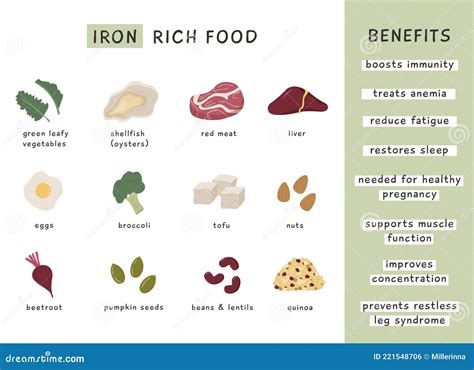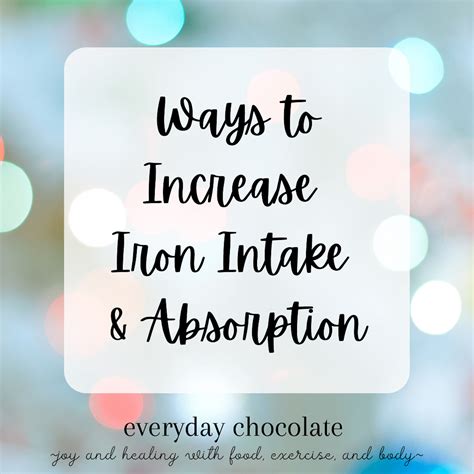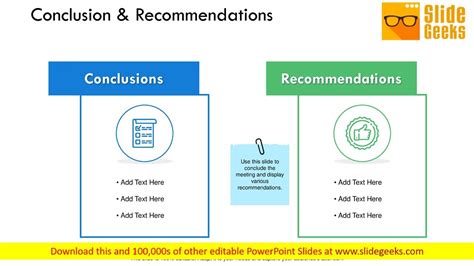Intro
Boost health with iron rich diets, enhancing red blood cells, preventing anemia, and increasing energy through nutrient-dense foods like spinach, beans, and lean meats.
Iron is a crucial nutrient that plays a significant role in maintaining our overall health. It is essential for the production of hemoglobin, a protein in red blood cells that carries oxygen to different parts of the body. Without sufficient iron, the body's cells and tissues may not receive the oxygen they need, leading to fatigue, weakness, and other health problems. In this article, we will delve into the importance of iron-rich diets, their benefits, and provide guidance on how to incorporate more iron into your daily meals.
A well-planned iron-rich diet can have a significant impact on our health and wellbeing. Iron deficiency is a common nutritional disorder that affects millions of people worldwide, particularly women, children, and individuals with certain medical conditions. By consuming iron-rich foods, individuals can reduce their risk of developing iron deficiency anemia, a condition characterized by low red blood cell count and hemoglobin levels. Furthermore, iron-rich diets have been linked to improved cognitive function, enhanced athletic performance, and a reduced risk of chronic diseases such as heart disease and cancer.
The benefits of iron-rich diets are numerous, and it is essential to understand the different types of iron and how they are absorbed by the body. There are two types of dietary iron: heme iron, found in animal-based foods, and non-heme iron, found in plant-based foods. Heme iron is more easily absorbed by the body, with an absorption rate of 15-35%, compared to non-heme iron, which has an absorption rate of 2-10%. However, non-heme iron can be enhanced by consuming foods high in vitamin C, such as citrus fruits and bell peppers, which can increase absorption rates by up to 80%.
Iron Rich Food Sources

Iron-rich foods can be categorized into two main groups: animal-based and plant-based. Animal-based iron sources include red meat, poultry, fish, and eggs, while plant-based sources include legumes, beans, lentils, and dark leafy greens. Some of the richest iron sources include:
- Clams: 28.3 mg per 3 oz serving
- Cooked spinach: 6.9 mg per 1 cup serving
- Cooked beef: 5.9 mg per 3 oz serving
- Lentils: 6.6 mg per 1 cup cooked
- Pumpkin seeds: 4.2 mg per 1/4 cup
Animal-Based Iron Sources
Animal-based iron sources are generally more easily absorbed by the body due to their higher heme iron content. Some of the best animal-based iron sources include: * Red meat: beef, lamb, and pork * Poultry: chicken and turkey * Fish and seafood: clams, sardines, and anchovies * Eggs: particularly egg yolksPlant-Based Iron Sources
Plant-based iron sources are rich in non-heme iron, which can be enhanced by consuming foods high in vitamin C. Some of the best plant-based iron sources include: * Legumes: lentils, chickpeas, and black beans * Beans: kidney beans, black beans, and pinto beans * Dark leafy greens: spinach, kale, and collard greens * Nuts and seeds: pumpkin seeds, sesame seeds, and sunflower seedsBenefits of Iron Rich Diets

Iron-rich diets have numerous health benefits, including:
- Improved cognitive function: iron is essential for the production of myelin, a protein that surrounds and protects nerve fibers
- Enhanced athletic performance: iron is necessary for the production of hemoglobin, which carries oxygen to the muscles
- Reduced risk of chronic diseases: iron-rich diets have been linked to a reduced risk of heart disease, cancer, and other chronic diseases
- Improved immune function: iron is necessary for the production of white blood cells, which fight infections and diseases
Iron and Cognitive Function
Iron plays a critical role in cognitive function, particularly in the production of myelin, a protein that surrounds and protects nerve fibers. Iron deficiency has been linked to impaired cognitive function, including reduced attention span, memory, and learning abilities. Conversely, iron-rich diets have been shown to improve cognitive function, particularly in individuals with iron deficiency anemia.Iron and Athletic Performance
Iron is essential for athletic performance, particularly in endurance sports such as distance running and cycling. Iron deficiency can lead to reduced athletic performance, including decreased endurance, speed, and strength. Conversely, iron-rich diets have been shown to improve athletic performance, particularly in individuals with iron deficiency anemia.Steps to Increase Iron Intake

Increasing iron intake can be achieved through a combination of dietary changes and supplements. Here are some steps to increase iron intake:
- Eat iron-rich foods: include iron-rich foods in your diet, such as red meat, poultry, fish, beans, and dark leafy greens
- Consume foods high in vitamin C: consume foods high in vitamin C, such as citrus fruits and bell peppers, to enhance non-heme iron absorption
- Avoid inhibitors: avoid consuming foods that inhibit iron absorption, such as tea, coffee, and milk
- Consider supplements: consider taking iron supplements, particularly if you have a diagnosed iron deficiency or are at risk of developing one
Iron Supplements
Iron supplements can be an effective way to increase iron intake, particularly for individuals with a diagnosed iron deficiency or those at risk of developing one. However, it is essential to consult with a healthcare professional before taking iron supplements, as excessive iron intake can lead to adverse health effects.Iron Deficiency and Anemia

Iron deficiency is a common nutritional disorder that affects millions of people worldwide. It is characterized by low red blood cell count and hemoglobin levels, leading to fatigue, weakness, and other health problems. Anemia is a condition characterized by low red blood cell count or hemoglobin levels, and can be caused by iron deficiency, vitamin deficiency, or other medical conditions.
Symptoms of Iron Deficiency
The symptoms of iron deficiency can vary depending on the severity of the condition. Common symptoms include: * Fatigue and weakness * Pale skin * Shortness of breath * Dizziness and lightheadedness * Headaches and irritabilityDiagnosis and Treatment
Iron deficiency can be diagnosed through a blood test, which measures hemoglobin and red blood cell count. Treatment typically involves dietary changes and iron supplements, as well as addressing any underlying medical conditions that may be contributing to the deficiency.Conclusion and Recommendations

In conclusion, iron-rich diets are essential for maintaining our overall health and wellbeing. By consuming iron-rich foods, individuals can reduce their risk of developing iron deficiency anemia, improve cognitive function, and enhance athletic performance. It is essential to consult with a healthcare professional before taking iron supplements, as excessive iron intake can lead to adverse health effects. We recommend incorporating iron-rich foods into your diet, consuming foods high in vitamin C, and avoiding inhibitors to enhance iron absorption.
What are the symptoms of iron deficiency?
+The symptoms of iron deficiency can vary depending on the severity of the condition, but common symptoms include fatigue and weakness, pale skin, shortness of breath, dizziness and lightheadedness, and headaches and irritability.
How can I increase my iron intake?
+You can increase your iron intake by eating iron-rich foods, such as red meat, poultry, fish, beans, and dark leafy greens, consuming foods high in vitamin C, and avoiding inhibitors such as tea, coffee, and milk.
What are the benefits of iron-rich diets?
+The benefits of iron-rich diets include improved cognitive function, enhanced athletic performance, and a reduced risk of chronic diseases such as heart disease and cancer.
Can iron supplements be effective in treating iron deficiency?
+Yes, iron supplements can be an effective way to increase iron intake, particularly for individuals with a diagnosed iron deficiency or those at risk of developing one. However, it is essential to consult with a healthcare professional before taking iron supplements.
How can I prevent iron deficiency?
+You can prevent iron deficiency by eating a balanced diet that includes iron-rich foods, consuming foods high in vitamin C, and avoiding inhibitors. It is also essential to consult with a healthcare professional if you have a diagnosed iron deficiency or are at risk of developing one.
We invite you to share your thoughts and experiences with iron-rich diets in the comments section below. Have you noticed any benefits or improvements in your health since incorporating more iron-rich foods into your diet? Do you have any questions or concerns about iron deficiency or anemia? Share this article with your friends and family to spread awareness about the importance of iron-rich diets and encourage them to make informed decisions about their health.
